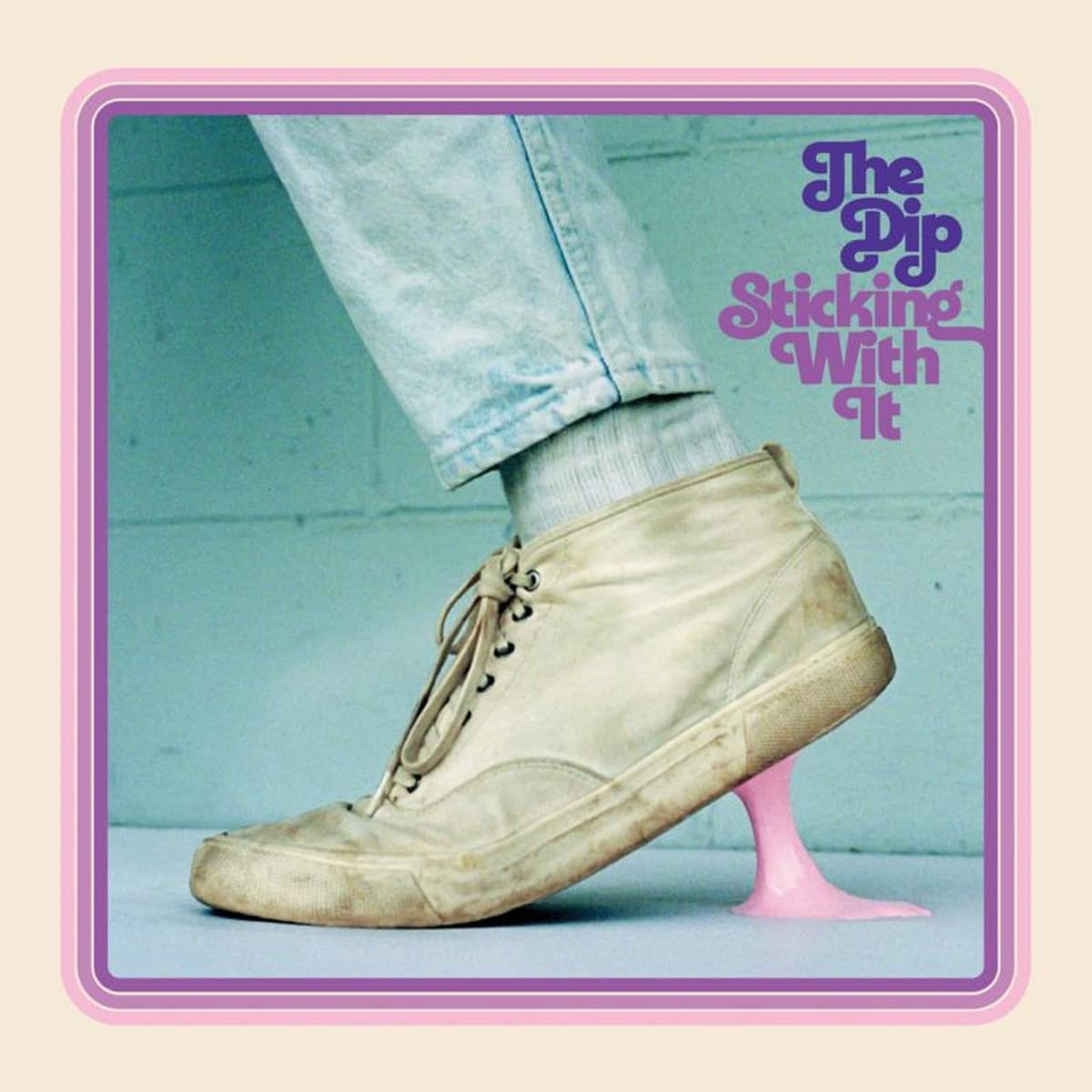The idea of an R&B/soul revival confounds: How did the old religion of frenetic stompers and greasy workouts– perhaps America’s greatest musical export– find itself wanting a second life? The genre encompasses multitudes, from Sam Cooke’s silkiness to Booker T and The MGs’ hip-huggin’ strut to James Brown’s savagery, its common denominator an allegiance to affirmation. Songs about topics as disparate as civil rights, busted hearts, and hangovers recognize pain and predicament, but their sinuous grooves press forward towards better days. The scene is timeless: A well-dressed singer clutching a microphone falls to his knees, his plea a secular prayer, as rolling basslines build bridges and the guitar and organ’s 7th chord stabs over punches of gusto. Yet popular opinion suggests the music has been relegated to oldies package tours and cut-out bin comps.
Fortunately, acts like Leon Bridges, Eli “Paperboy” Reed, Nick Waterhouse, and Durand Jones & The Indications have breathed new life into the form, replacing novelty with vitality, proving the music is still a mouthpiece for social change and self-preservation. Seattle’s The Dip is one of the more underrated contributors to the retro-soul movement, although the all-white 7-piece group bristles at the soul label. In an interview for the website Old Rookie, Dip lead singer Tom Eddy said, “To be honest, we cringe a bit every time someone says we play ‘soul music.’ Soul music is such a delicate thing. Soul music is black American music as an art form. That is something we never set out to really do. We are inspired by that music and inspired by the stories that inspired that music and the people and the lives that they lived.”
With the talents that match their best intentions, The Dip formed in 2013, becoming the de facto house band for University of Washington keggers, and released their self-titled debut in 2015. Their latest record, the appropriately-titled Sticking with It, finds the band in charge and instep, sticking with a winning formula that’s earned them a spot in Dualtone’s stable of artists, delivering 11 songs perfect for Delta Tau Chi throwdowns of yesterday and today.

Lead track “Paddle to the Stars” jumpstarts the ride, a loose but determined groove that echoes James & Bobby Purify’s hits like “I’m Your Puppet” and “Shake a Tail Feather”. The ensemble cast is dialed in, but it’s Eddy’s rousing vocals and clever wordplay– “I never worked on it much/So I’m not as in touch”– that impart a sincerity and vulnerability that are essential to the yearning that underpins the form.
Mid-tempo bangers like “When You Lose Someone” and “Vacation” move the party along, while downbeat haunters like “Sleep on It”— with a guitar vibrato that recalls Twigg’s County legend Robert Ward’s Telecaster and Magnatone amp combo– and “Anyway” provide the space and time crucial for an evening’s cozier moments. “Real Contender”, an instant friend-zone classic, would be the album’s obvious breakout single if it weren’t for “Apollonia”, a brooding cut that wouldn’t be out of place on the moodier volumes of the Teenage Shutdown garage compilations. The eerie serpentine spiral of a guitar riff and the permafrown chords land The Dip in a rec room in Anytown, USA, circa-1966, finding songs in adolescent misery.
Some critics complain that The Dip doesn’t break new ground with Sticking With It. But not every record possesses the intention to innovate, and some genres remain immortal not because of stylistic overhauls, but because of their malleability to history. In “Crickets”, The Dip confronts a people whose apathy has rendered them mute. Their world, burning up, poisoned, weakened by sickness, resembles our 2022 as much as it does the mid-20th century chaos that begat first-generation of R&B performers. Here, The Dip reminds us that R&B and soul are as timeless as the human condition and that every struggle needs a soundtrack.
